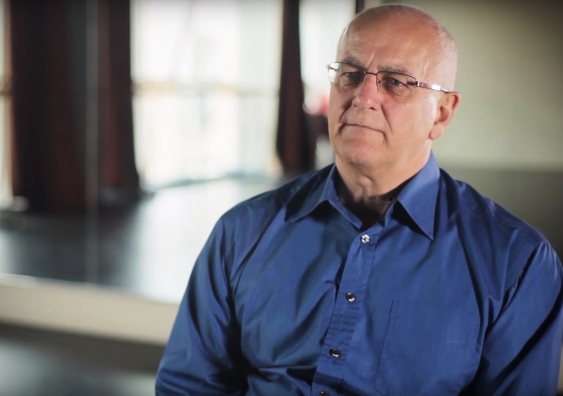It's a quarter century since Bill Ashcroft published The Empire Writes Back, a wryly named text that launched the field of postcolonial literary studies. But in an era of refugees, race tensions and cultural conflict, the work is as relevant as ever.
Published in 1989, the landmark book was the first to systematically examine writings in English by colonised people, and the ways in which these writers had re-appropriated the colonising tongue as a form of resistance.
“By taking the dominant language and making it work for you, you create a form of resistance that becomes transformative; you transform that language to be your tool,” explains Professor Ashcroft from UNSW’s School of the Arts and Media.
Before he published Empire (in collaboration with fellow academics Gareth Griffiths and Helen Tiffin) the study of postcolonial writers was fragmented across diverse schools of thought including Commonwealth literature and colonial discourse theory.
It allows us to see the ways in which people are still being colonised, not just territorially but economically and culturally.
Today it is one of literary studies’ most popular fields in its own right.
Now Ashcroft’s achievements have been officially recognised with his election as a fellow of the Australian Academy of the Humanities.
Fellowship of the Academy is the highest honour for achievement in the humanities in Australia, and Ashcroft – an Australian Research Council fellow – says he’s humbled.
“I was very gratified to get this great honour and I’m hoping that my career will only be stimulated,” he says. “I’m just warming up.”
Postcolonial literary studies still has much to offer, Ashcroft believes.
“In a sense it covers everything, the literature brings out issues such as race, oppression, justice, invasion, cultural clash – all subjects that are relevant today,“ he says.
“It allows us to see the ways in which people are still being colonised, not just territorially but economically and culturally. And that’s why it’s interesting, it’s continually adaptable.”
Beyond a mere study of literature, Ashcroft says his field also provides the tools to understand how individuals – the ‘local’ – can act on the global, and not just the other way around.
This analysis is important in globalisation studies and is key to understanding mass movements of people, including the current refugee crisis in Europe.
“There has never been a more relevant time to think about the mobility of peoples: the world is more mobile than it’s ever been in terms of migration, asylum-seekers and refugees,” he says.
“And that tension between the structures and borders of the state and the actual circulation and mobility of people, that’s a continuation of postcolonial insight and still extremely relevant today.”
Professor Ashcroft is author or co-author of 16 books, more than 150 chapters or papers and is on the editorial board of 10 international journals.
Read more about his work here.


